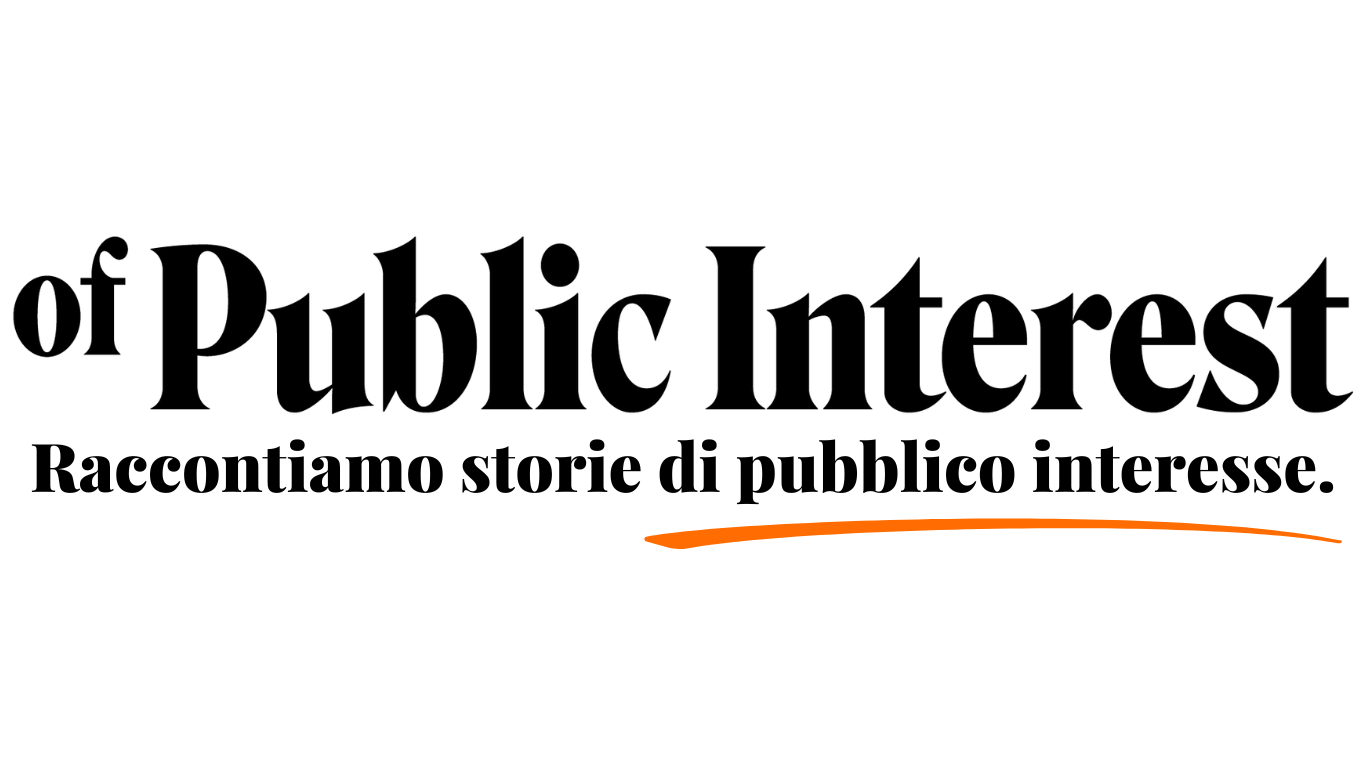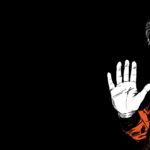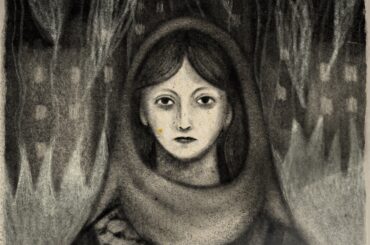Twenty years in the outskirts of Naples: Ponticelli, Afragola, San Giovanni, Barra, Scampia, and Caivano. In his extensive report La Città Invisibile, Paolo Manzo sheds light on the dark sides of Naples, which will be showcased in Perpignan from September 2nd to 15th. Under the French spotlight, poverty emerges as the mother of crime, the sister of shattered young lives, and the abandoned children in a land that weeps over a fated destiny.
La Città Invisibile, your nearly twenty-year work on the outskirts of Naples, is being exhibited in France at the Visa Pour L’Image Festival after winning the Pierre & Alexandra Boulat Award. What do you think the impact of your exhibition will be?
Wonder. Last year, when I went to Perpignan to receive the award, I noticed a great sense of astonishment from the jury: no one imagined that Naples could be depicted through such strong images.
Didn’t they expect Naples to be so violent?
No, they didn’t expect there to be so much poverty, neglect, and pain. Violence, after all, aside from the Camorra phenomena, is widespread in many European cities. However, the level of decay in the areas shown in my photographs was perhaps unexpected.
Why did you dedicate your self to such a long-term project?
These are stories in which I see myself; they concern me. I belong to those territories. I was lucky enough to live them from the inside, but also to understand them from the outside, grasping the importance of shining a light on them.
Do you think your photographs can have an impact on the fate surrounding those places and lives?
I believe this is exactly the role of journalism: to get close and tell the invisible realities with depth and transparency, to draw public attention to the hardships and contribute to change. But journalism is increasingly losing this power, both from above and below. It’s losing ground and trust. I can still get close to these stories because I’m a part of them. I tell these stories as I live my own, with a sense of belonging and the determination that my work can help change the fate of many, especially the young.
What do these areas actually need to overturn the dynamics of deep-rooted violence?
They are not deep-rooted; they arise from specific factors that are not addressed: the ghettoization of areas, the lack of jobs, school dropouts, and the complicity between the state and organized crime in illegal markets. There must be a willingness to act, contain, and heal. Above all, we need to get down to the streets, talk to those who live in these complex scenarios, and understand how to intervene. Politics isn’t just done in an office or through technological advancements. These communities need to be taken by the hand, and it can’t be left solely to associations, which, up to now, have played a role—often brilliant—but merely as a buffer.
Do you fear that your photographs could contribute to the spectacle and mythification of violence?
They might. I can’t control the interpretation a young person might have of my images, but I can hope that the clarity with which I carry out my stories helps them see themselves from the outside, as it happened to me. Taking up a camera is a way to react and change direction, but there are many other ways. I hope in some way to contribute to the awareness that will lead them to take control of their own lives.
So, in your opinion, is there a possibility of choice, or are those who end up in the vortex of crime victims of a system?
Both dimensions are true. Each story is unique, and everyone is the architect of their own destiny, but is it possible that so many stories repeat in such a similar way? So many young deaths, for instance, so many lives shattered by prison. It’s inevitable to think that there are strong responsibilities from above. On the other hand, over the years, I’ve realized that all wrong choices—if we want to call them that—stem from a lack of resources. How can we ignore that many people in these areas can neither read nor write?
Now your work will be exhibited in France, under the spotlight of the big names in international journalism. What impact do you think this foreign perspective will have on our city?
I hope the institutions feel exposed and experience the embarrassment and shame necessary to stop turning a blind eye.



